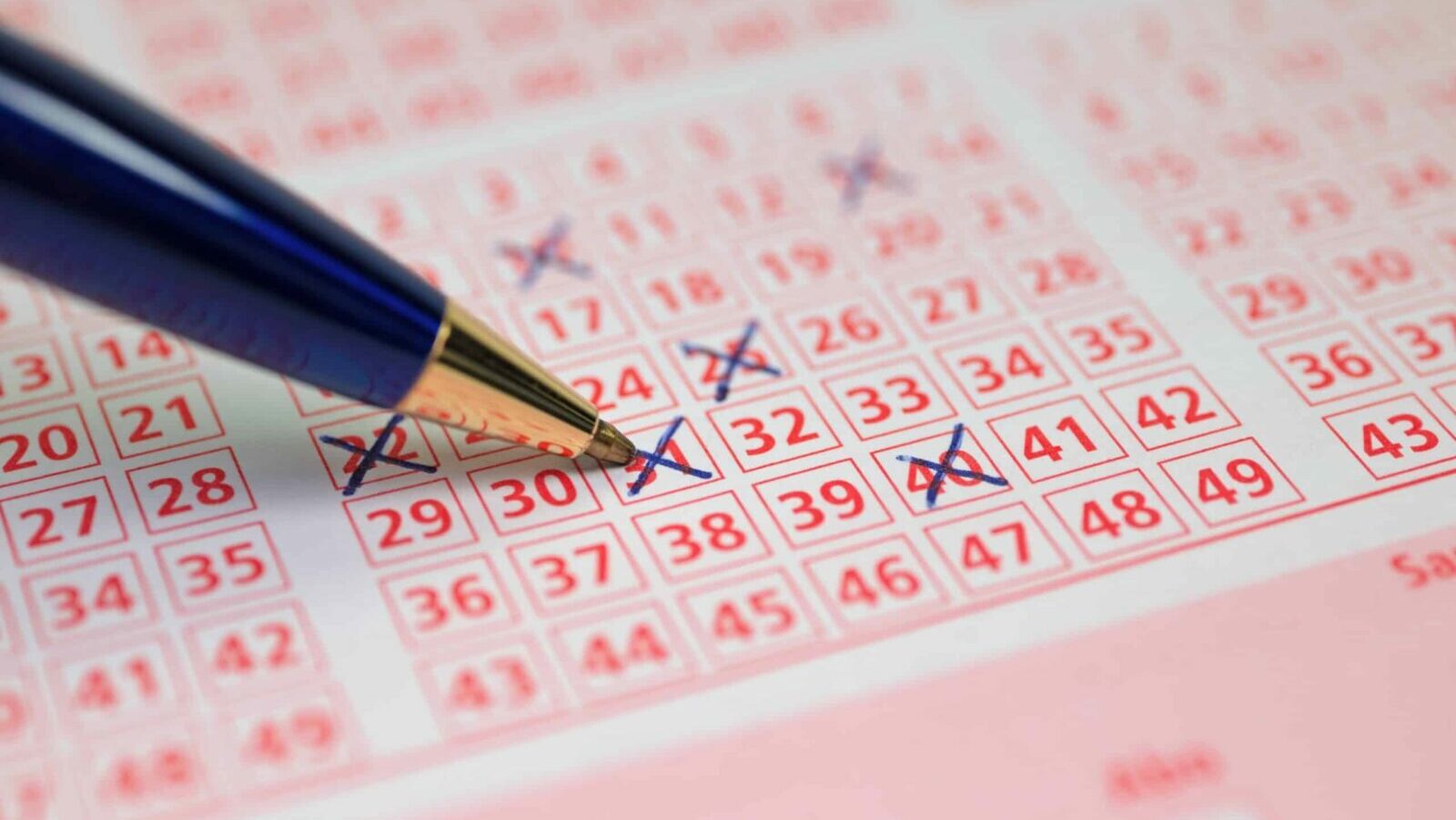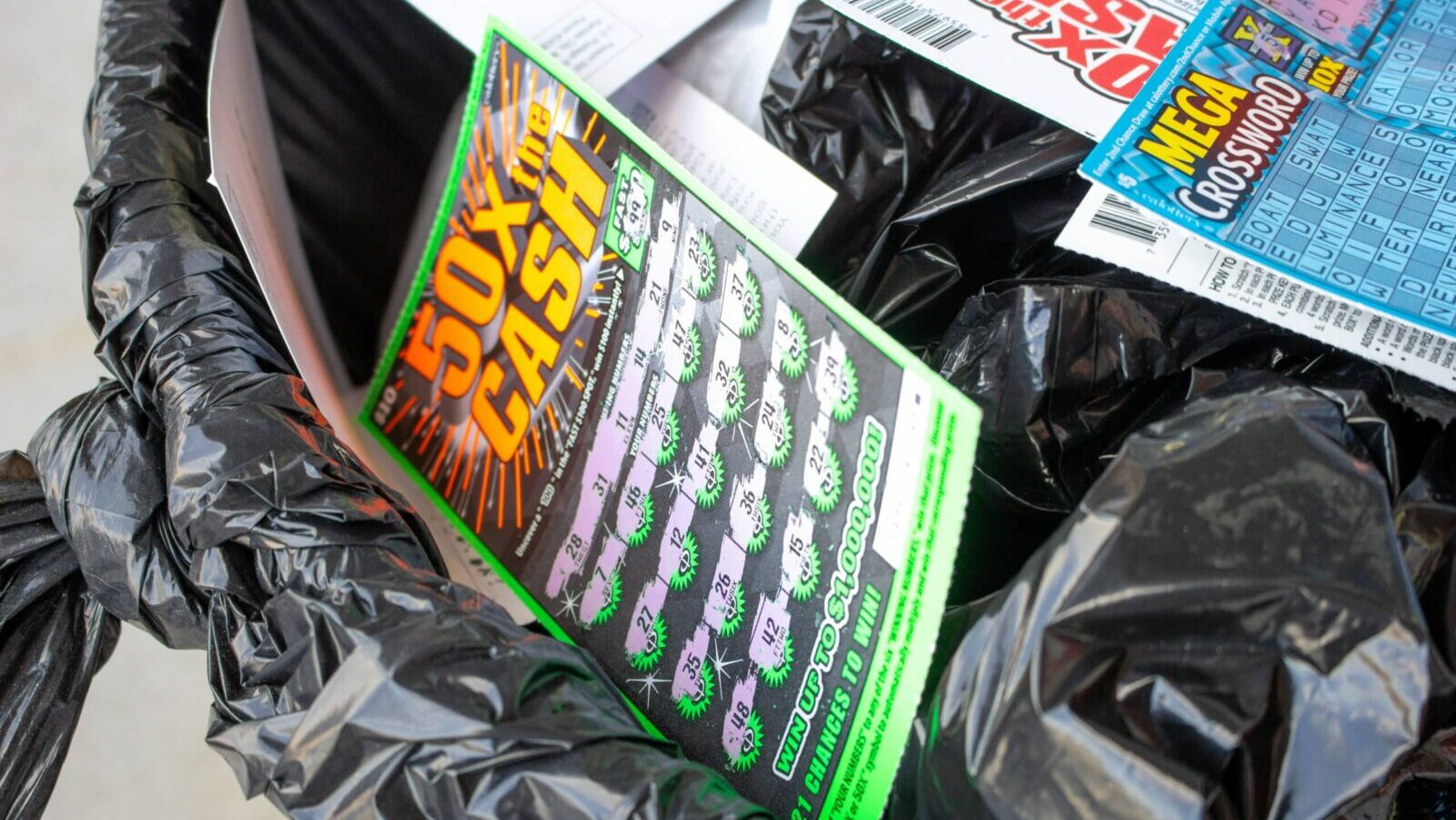FOMO, The Gambler’s Fallacy, And The Downside To Playing The Same Lottery Numbers Every Time
“There’s a false sense of control that goes on, where people think they have the ability to predict things and the ability to control outcomes,” said Ercole.
4 min

In 1995, a 51-year-old married father of two named Tim O’Brien climbed the stairs that led to the attic of his home in Liverpool, England, retrieved his revolver, and shot himself in the head just above his right ear. His wife found him slumped over in a chair, dead as dead can be.
Why did O’Brien do it? He had forgotten to renew a five-week lottery ticket he had gone in on with a friend and believed that the numbers they’d been playing — 14, 24, 33, 38, 42, and 47 — had come out in that week’s lottery, to the tune of 2.7 million pounds. In 1995, that was serious money. Life-changing money.
As it turned out, O’Brien was wrong; he was missing two numbers from the winning ticket and he and his friend would have split only about 27 pounds.
Nevertheless, the point was made: Few circumstances can elicit an instantaneous regret as powerful as that summoned when, in a moment of forgetfulness, laziness, or mere happenstance, one loses out on millions of dollars, just like that.
It is the fear at encountering this mountain of compunction that keeps many habitual lottery players coming back every week, month after month, year after year, decades on decades, many playing the same numbers every time because they fear: The one time I don’t play it, my numbers will come out.
And who wants to end up like poor Tim O’Brien?
‘Removing the randomness’
The good news is that you can miss a week or two and the odds that your numbers will come out those weeks are the same as they are when you do play.
“That kind of thought is along the lines of the gambler’s fallacy, which is, ‘the more losses that I accrue, the closer I am to winning,’” said Josh Ercole, executive director of the Council on Compulsive Gambling of Pennsylvania. “What you’re doing is taking an event that’s entirely random and removing the randomness from it. When you have that level of thought, you’re basically assigning a value to it, and it doesn’t have the value you’re assigning to it.
“As humans we want to assign value and meaning to things when, when it comes to this type of activity, there isn’t any,” Ercole, said. “It doesn’t apply.”
There’s more good news. Not only doesn’t it matter if you miss a week or two, you don’t have to play the same numbers all the time. Doing so does not improve your chance of winning, for the same reason there’s little chance your numbers will come out on the week you don’t play. The events are entirely unrelated. They have nothing to do with one another. That’s what random means.
Ercole shared an example of our inability to recognize the unpredictability of picking winning lottery numbers. As part of a training class for new employees, he presents a slide that has two lottery tickets on it.
One of the tickets shows the numbers 34, 16, 12, 9, and 41. The other ticket shows 1, 2, 3, 4, and 5. He asks the class which ticket has a better chance of winning. They all choose the first, when in reality, the odds of either set of numbers being drawn are the same.
You can’t put a price on regret
Still, we all know of stories that seem to reinforce our instincts, math be damned — such as the time in October 2018 when a man in New York won a $343 million Powerball jackpot after playing the same numbers for 25 years.
You can call it random, but if he hadn’t played those numbers the week they hit, if he’d stopped playing them after 24 years, he’d today be living a life of colossal regret, instead, one imagines, one in which he and his loved ones and their descendants for at least a generation or two will have all the money they will ever need.
And what of all the other lottery winners who change up their numbers, whether they pick them using relatives’ birthdays or anniversaries, other combinations of numbers that make sense to no one but themselves, or computer-selected quick picks? Those people win sometimes. Somewhere, maybe right now, there’s a person realizing he or she has won a lottery despite the enormous odds against it.
The problem occurs when the consumer thinks he or she is in command.
“There’s a false sense of control that goes on, where people think they have the ability to predict things and the ability to control outcomes,” said Ercole. “‘If I buy this ticket or go to a casino and sit at this slot machine, ‘I am in control of my destiny now. I’m not allowing chance to take that away from me.’”
[hfe_template id=’3380′]A simple strategy
It’s the same thinking that drives the fear, If I don’t play my numbers, they’ll come out, but the clever among us find solutions.
Lucille Minetta, a caregiver from New Jersey, plays the state lottery twice a week unless she doesn’t have time to get to a store. “I know I would feel terrible if my numbers came out and I could have won a significant amount of money. It’s fear of missing out,” she said. “FOMO.”
What’s her solution? She buys randomly generated quick picks rather than a particular set of numbers.
“I don’t play the same numbers because I don’t want to risk them coming out on a day that I did not play the lottery,” she said.
It’s a sound strategy that undermines the compulsive thinking patterns that can become problematic beyond just making sure you never miss a week playing your numbers. People prone to compulsive thoughts in general are more vulnerable to developing a gambling addiction.
Finding a way to subvert that brain behavior can be the difference between developing a serious problem and enjoying a hobby that, you never know, just might make you filthy rich — and with no regret.
[Also See: Perceptions And Realities: 15 Perspectives On Whether The Lottery Is Gambling]








